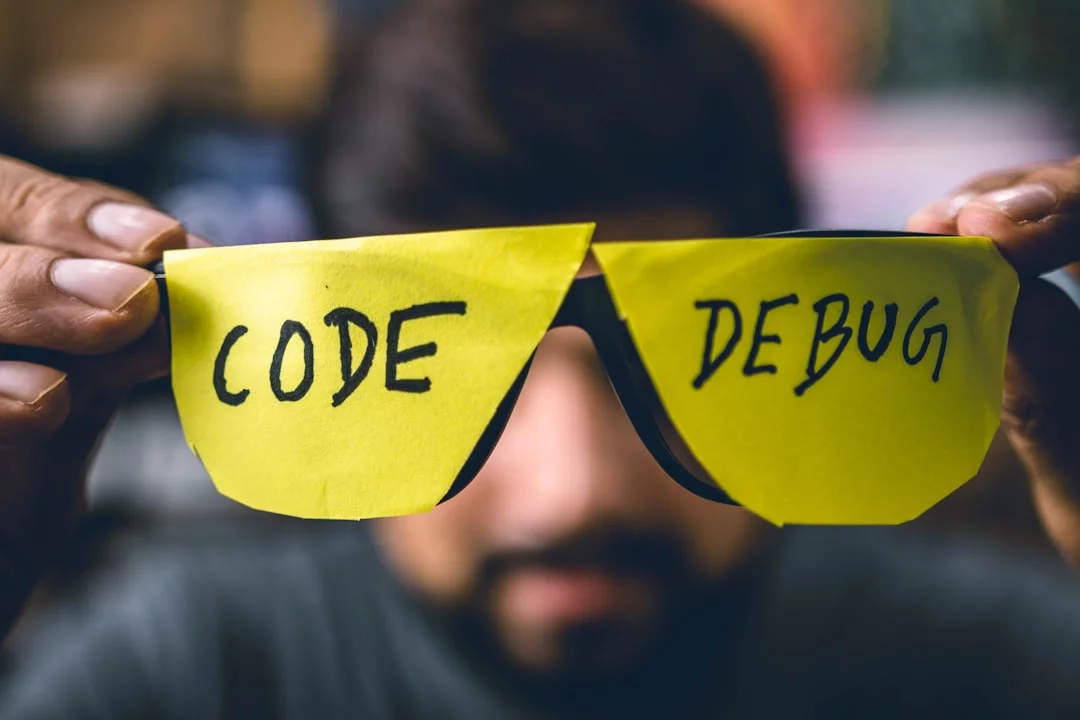Are you asking how to learn coding but feel unsure where to start? Then you are making it right! Deciding on the proper first steps is a crucial matter.
But how do we start? How to learn coding from scratch? It doesn’t matter if your dreams are big, building websites or apps, or even just automating little tasks for yourself; understanding how code works is key. This guide will take you through everything, from basic concepts all the way up to creating projects of your own; no prior knowledge is needed. Being able to learn coding efficiently can transform mere interest into a valuable ability with real-world applications.
A Pathway for Beginners - How to Learn Coding
Learning Coding Is Easier Than You Think
Starting to code is often held back by the thought that a mathematics degree or an IT background is required. However, the current reality is much more encouraging. Since there are dependable plans, collaborative online groups, and amazing free learning resources, working out how to get into coding has never been simpler!
The secret really lies in changing your thinking, though. Coding doesn’t involve memorising loads of commands; How to learn coding is mainly about problem-solving. In truth, lots of beginners find programming quite intuitive once they've got used to its style and rhythm.
Examples include Oatllo, freeCodeCamp, and Coursera, which have all created dedicated beginner courses designed with absolute newcomers in mind. These platforms simplify complex matters and break them down into easy lessons that help learners grow skills as well as self-belief.
Forget about the need for costly machinery or complicated software. All you require is a laptop and an internet connection, and it doesn’t matter where in the world you are. If you can write code, there are lots of opportunities out there. Perhaps you want to work for a tech company, maybe start your own business one day, or develop things based on the ideas that interest you most.
Stage 1: How to Learn Coding Basics
Start by checking out the basic concepts of computer programming. It really is easier to grasp the more complex concepts once you understand how to apply the basics; for example, what are programming languages? How does a computer follow instructions? What is an algorithm? Also, look at basic syntax rules (grammar of a language), data types (like numbers or text), and variables. How do they all fit in?
Stage 2: Choose the Right Language
Python is an easy first language for everyone. There is a huge community supporting it, plus lots of space for growth and development. A second option could be JavaScript, especially if web stuff excites you! The top choice really depends on your personal goals, but kicking off with something easy can speed things along.
Stage 3: Practicing Small Exercises Daily - How to Learn Coding
Instead of long sessions, set yourself a half-hour challenge to solve problems or write code every day. There are many websites like LeetCode, HackerRank, and CodeWars, which design coding challenges specifically for beginners. Carrying these out on a regular basis will help you build a programming style and also give you an intuitive understanding of how to approach problems logically.
Stage 4: Build a Simple Project
After acquiring knowledge about the basics, advance by taking up small assignments. They include creating a calculator or designing a digital clock; such projects aid in linking theory with reality.
This process also enhances comprehension since coding becomes more than just words when put into action to make things function.
Stage 5: Learn Version Control
Understanding GitHub and how to learn coding there at this stage will give you an edge over others who pick it up later on or don’t see any need for it at all. The value lies not only in being able to keep track of your work but also in collaborating with colleagues (and friends).
Stage 6: Explore Real-World Applications
Afterward, study practical applications of code. From automating mundane tasks with spreadsheets to creating smartphone software, there are infinite uses for programming skills.
Stage 7: How to Learn Coding in a Community
Learning how to code doesn’t mean going solo. Engage with communities on Reddit, or specialized forums/boards/websites, etc., ask questions, share what you’ve built & offer help.
Stage 8: Expand Your Knowledge Base
Once you become conversant enough with the basics, go ahead and explore new topics such as object-oriented programming, APIs, databases, etc. Each aspect will open doors towards fresh project ideas while also increasing your skills overall!
Step 9: Showcase Your Progress
Do you keep or want to keep a blog or a portfolio website to showcase whichever projects of the new skills you are currently working on? That would be a great idea! Writing about what has been learned helps to cement the learning experience in one's mind and provides a record of experience that potential employers or collaborators can see.
An important secret for all of you who want to develop programming skills is to break things into little bits. Try to program each day, even for 10 to 15 minutes, and consider projects as a means of understanding the concepts; this really works. Before you know it, you will amaze yourself looking back and seeing how much more competent and confident you are because you never stopped coding!
Overcoming Common Challenges as a Beginner
One frequently encountered problem is “tutorial dependency.” A lot of beginners watch how to learn coding videos or read guides for too long without actually trying the coding out themselves.
To avoid this issue, adopt a 'learn and apply' approach. When you discover something new, make an effort to code it yourself right away. Don’t worry about making mistakes on the way, messing around with the code so that it stops working, and then figuring out how to fix it is an excellent way of learning things properly. In addition, there’s impostor syndrome trouble. So many fresh programmers wonder if they can genuinely do it.
When they look at coders with far more experience than themselves, it’s easy to see why doubts about their suitability for a career in coding arise. But bear this in mind: all the seasoned pros were once novices too! Even senior developers Google basic stuff every single day. Progress is personal; focus on your growth, not others’. Debugging can also be irritating initially. Beginners may experi







